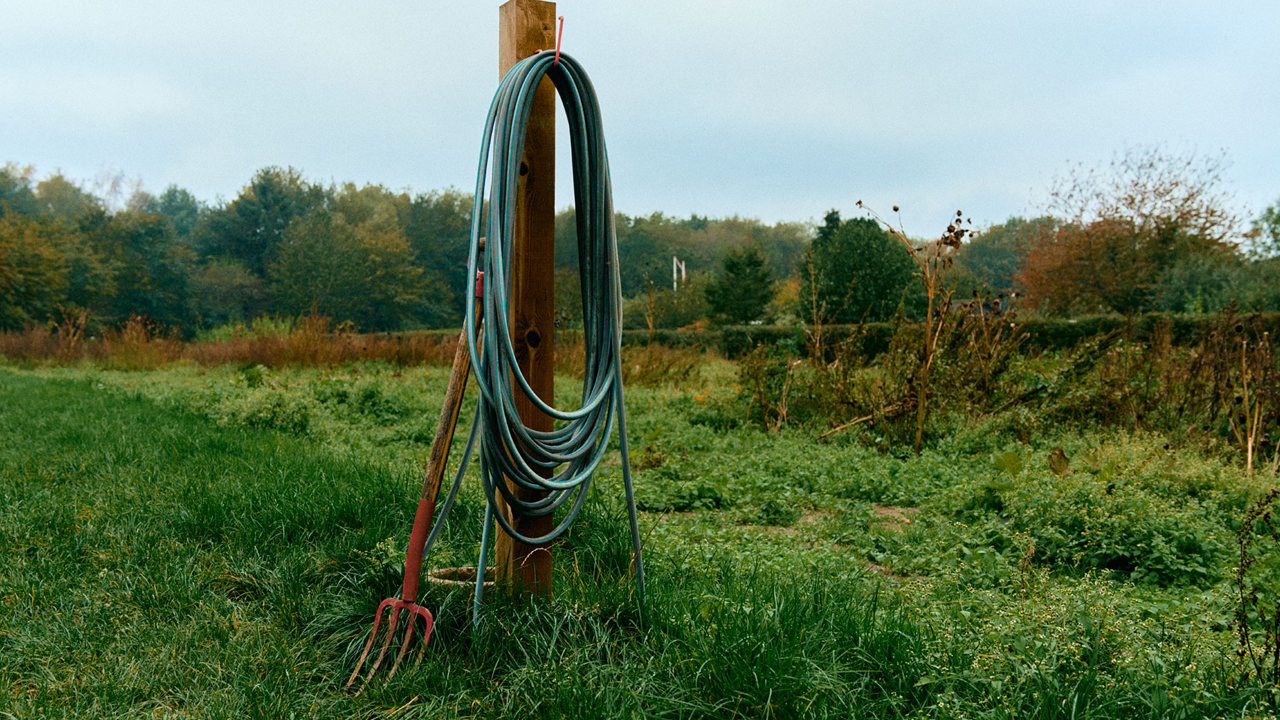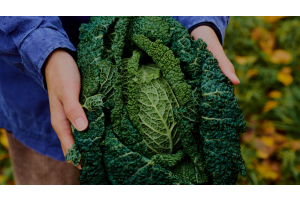The importance of good soil health

Due to soaring concentrations of microplastics in the soil, much of European farmland is sadly no longer suitable, or even able, to grow crops for human consumption. More countries are following the same path. One source of microplastics stems from the miles and miles of conventional plastic Mulch Film that has been (and still is) rolled out daily to keep crops moist and protected while growing. As it lies on the ground, it breaks into microplastic fractions, contaminating the soil and rendering it useless over time.
Mulch Film is a conventional plastic film used in farming worldwide to cover crops while they grow. It serves to protect the crops and, ironically, enhances the conditions for short-term growth. This irony arises as it improves immediate growing conditions, but ultimately compromises the soil's long-term ability to function as soil.
The issue with utilizing conventional plastic Mulch Film in farming lies in its tendency to tear during use. Attempting to remove it entirely after harvest, without leaving behind any microplastic fractions, is an impossible job. As a result, the soil becomes heavily contaminated with microplastics over time. Accumulated microplastic in the soil is not reversible, and so all future crops will contain microplastic fractions. Consequently, ending up in the food we eat.






